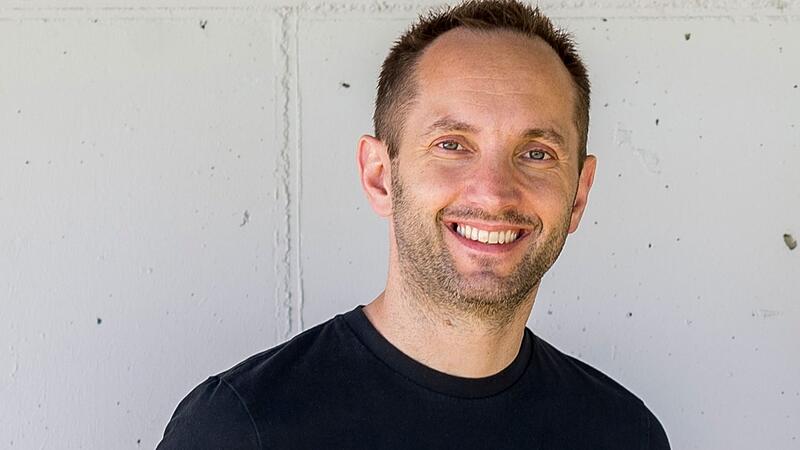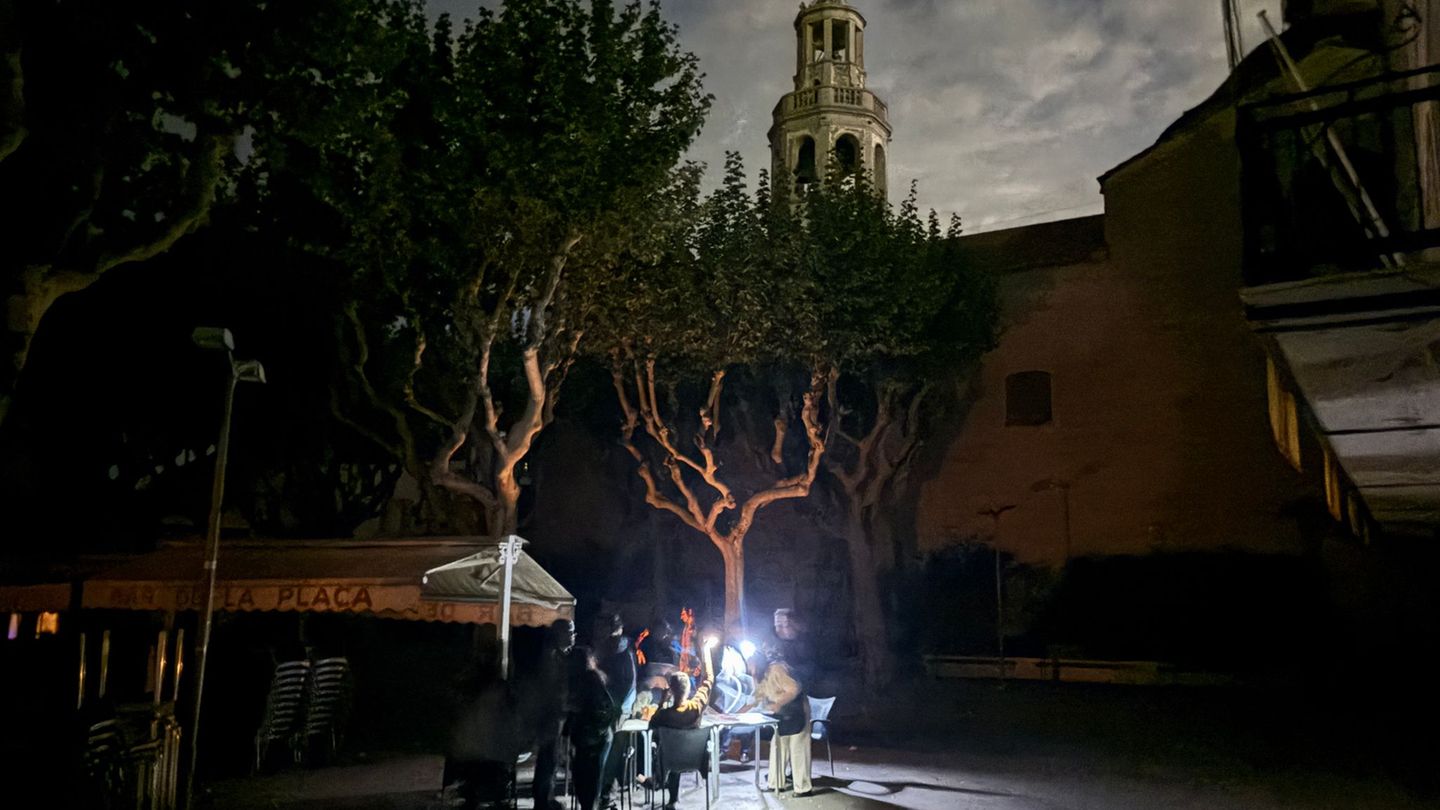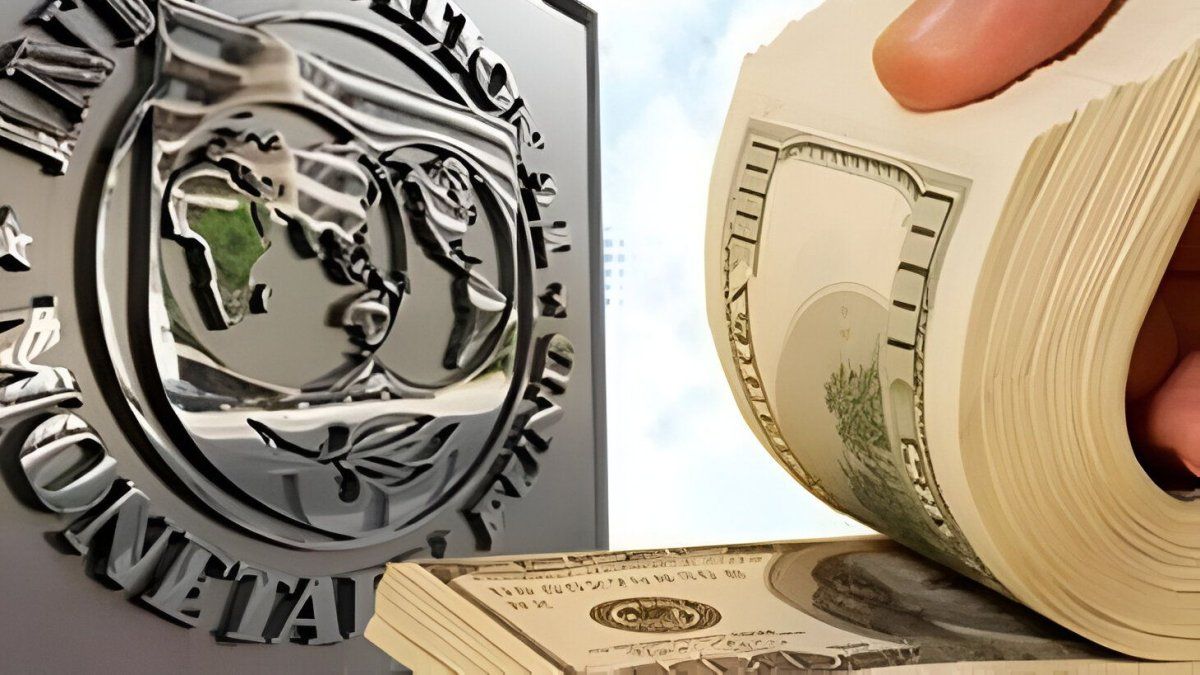Freetown, the capital of the West African state of Sierra Leone, has 1.05 million inhabitants, the municipality of Freistadt around 8,000. Several hundred employees are soon to move into new jobs in the “Free City”. “Free City” is the name of the construction project that the three investors Walter Kreisel, Philipp Kreisel and Reinhard Hirtl are building. In March, the excavators drove up in the south of Freistadt, and the building, in which 15 million euros are being invested, should be finished in February 2023. The tour of the construction site, which took place yesterday, Thursday, was attended by, among others, Environment Minister Stefan Kaineder and Environment Minister Leonore Gewessler.
Neoom, a company founded and managed by Walter Kreisel, will move into the “Free City” as the anchor tenant. Founded in 2018, the 200-employee mark will soon be broken. Neoom specializes in decentralized energy systems: The company develops and sells electricity storage systems in which the electricity produced by the PV system is stored. There are also charging solutions for electric cars.
Neoom, which was also awarded the OÖN digital prize “Digitalos” last year, also develops software: For example, a solution was developed for energy communities that brings private electricity producers together with potential electricity consumers.
According to Walter Kreisel, the aim is to make a contribution to the energy transition with the concepts. The sharp increase in energy prices and the fear of a blackout (which means a long-lasting, widespread power failure) are also driving customer demand: “In the current third quarter, we will be delivering 700 systems per week,” says Walter Kreisel, who is responsible for this year’s A clear increase in sales to 70 million euros is forecast for the financial year. According to Kreisel, the “Free City” is to become “the largest electricity storage facility in Upper Austria”. PV systems will be installed on all four sides of the façade and on the roof, and there will be 70 charging stations for e-cars. The excess electricity produced is stored in the company’s own electricity storage facilities. (prel)


Source: Nachrichten




